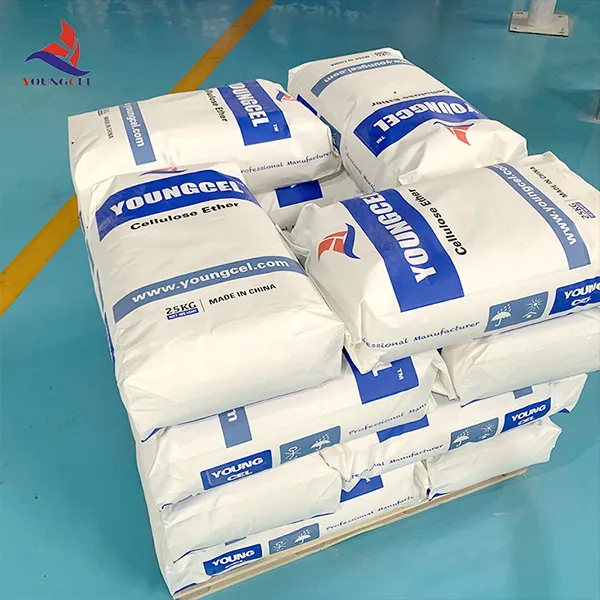The Role of Chemical Detergents in Modern Cleaning
In today's fast-paced world, maintaining cleanliness and hygiene is more important than ever. From households to industrial settings, the demand for effective cleaning agents has led to the widespread use of chemical detergents. These products play a crucial role in removing dirt, stains, and harmful microorganisms from a variety of surfaces. Understanding their composition, function, and environmental impact can help consumers make informed choices about the products they use.
Chemical detergents are formulated mixtures that typically include surfactants, builders, enzymes, and other additives. Surfactants, or surface-active agents, are the primary component of detergents. They operate by reducing the surface tension of water, allowing it to spread and penetrate more effectively. This helps in breaking down and lifting away dirt and grease from surfaces. For instance, in laundry detergents, surfactants allow water to interact with fabric and remove stains during washing.
Builders are another essential component of detergents. They work by softening water, which enhances the effectiveness of surfactants. Hard water contains minerals like calcium and magnesium, which can interfere with washing efficiency. By using builders, such as phosphates or zeolites, detergents can function more effectively in hard water conditions and maximize cleaning performance.
The Role of Chemical Detergents in Modern Cleaning
Despite their effectiveness, the environmental impact of chemical detergents has raised concerns. Many conventional detergents contain phosphates, which can lead to water pollution. When these substances enter waterways, they can cause algal blooms that deplete oxygen and harm aquatic life. As a result, some regions have implemented regulations to limit phosphate usage, prompting manufacturers to develop eco-friendly alternatives.
chemical detergent

In response to environmental concerns, many brands now offer biodegradable detergents that utilize plant-based surfactants and enzymes. These products are designed to break down more quickly in nature, minimizing their impact on ecosystems. Furthermore, companies are becoming more transparent about their ingredient lists, allowing consumers to choose products that align with their values and sustainability efforts.
In addition to residential cleaning, chemical detergents play a vital role in various industries, including food service, healthcare, and manufacturing. In hospitals, for instance, detergents with antibacterial or antiviral properties are essential for maintaining sterile environments and preventing the spread of infections. In food processing facilities, strong detergents are necessary to remove organic residues and ensure compliance with health regulations.
The use of chemical detergents is not without its challenges. Allergies and sensitization to certain ingredients can affect individuals, leading to skin irritations or respiratory issues. This has spurred the development of hypoallergenic and fragrance-free options, providing safer alternatives for sensitive populations. Consumers are encouraged to read labels and choose products that suit their specific needs and sensitivities.
As we move forward, the cleaning industry is continually evolving. Innovations in chemistry and sustainable practices are paving the way for the next generation of detergents. Companies are investing in research to develop highly effective formulations that are safe for both users and the environment. Furthermore, educational initiatives are essential in raising awareness about responsible detergent use, including proper dosage and the importance of recycling packaging.
In conclusion, chemical detergents are indispensable tools in our daily lives, providing effective solutions for cleanliness and hygiene. Their development has significantly advanced our ability to tackle various cleaning challenges, and the ongoing push for sustainability indicates a promising future for this essential industry. By choosing products wisely and supporting eco-friendly options, consumers can play a crucial role in shaping a cleaner and healthier planet.
-
Rdp Powder: Key Considerations for Wholesalers in the Building Materials IndustryNewsJul.08,2025
-
Key Considerations for Wholesalers: Navigating the World of Hpmc - Based ProductsNewsJul.08,2025
-
Hpmc Detergent: Key Considerations for WholesalersNewsJul.08,2025
-
Key Considerations for Wholesalers: China Hpmc For Tile Adhesive, Coating Additives, Concrete Additives, and MoreNewsJul.08,2025
-
Crucial Considerations for Wholesalers: Navigating the World of Construction MaterialsNewsJul.08,2025
-
Key Considerations for Wholesalers Sourcing Additive For Cement, Additive For Concrete, Additive For Putty from Additive Manufacturer Shijiazhuang Gaocheng District Yongfeng Cellulose Co., Ltd.NewsJul.08,2025




